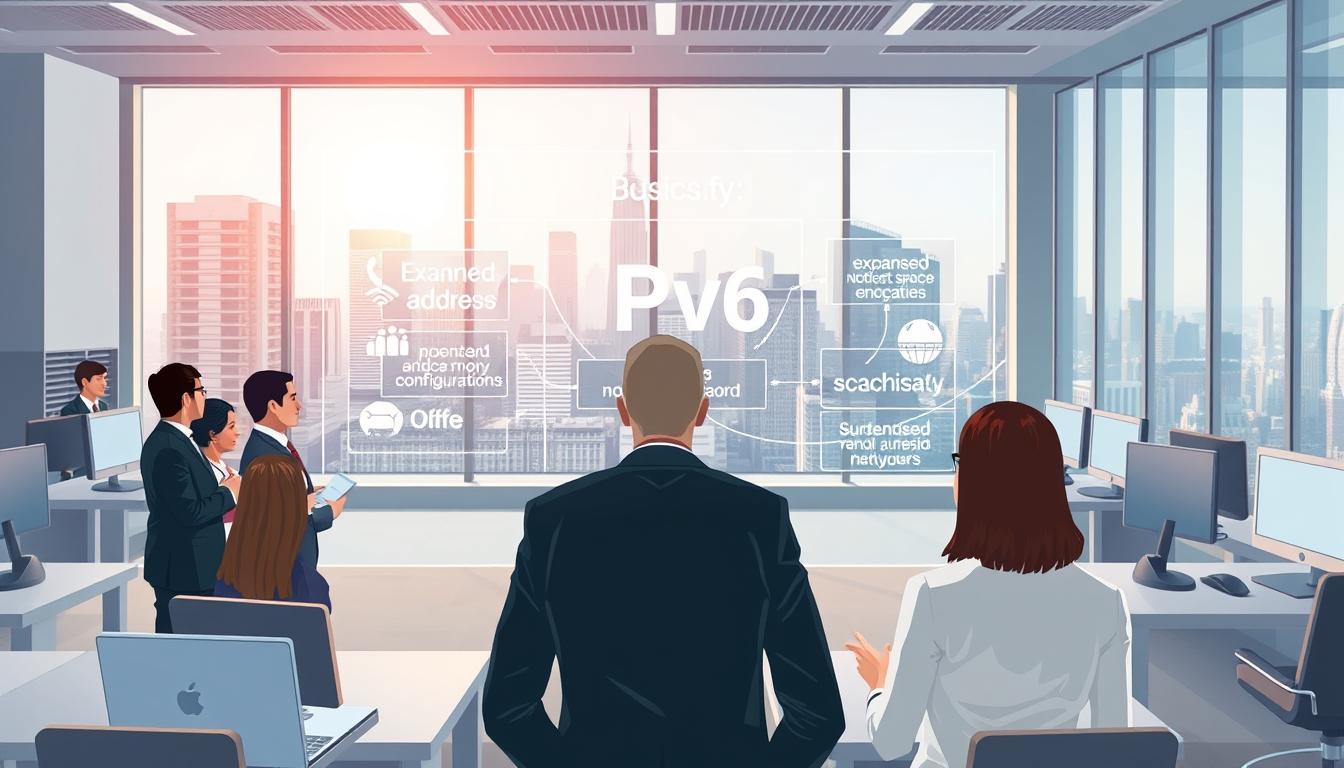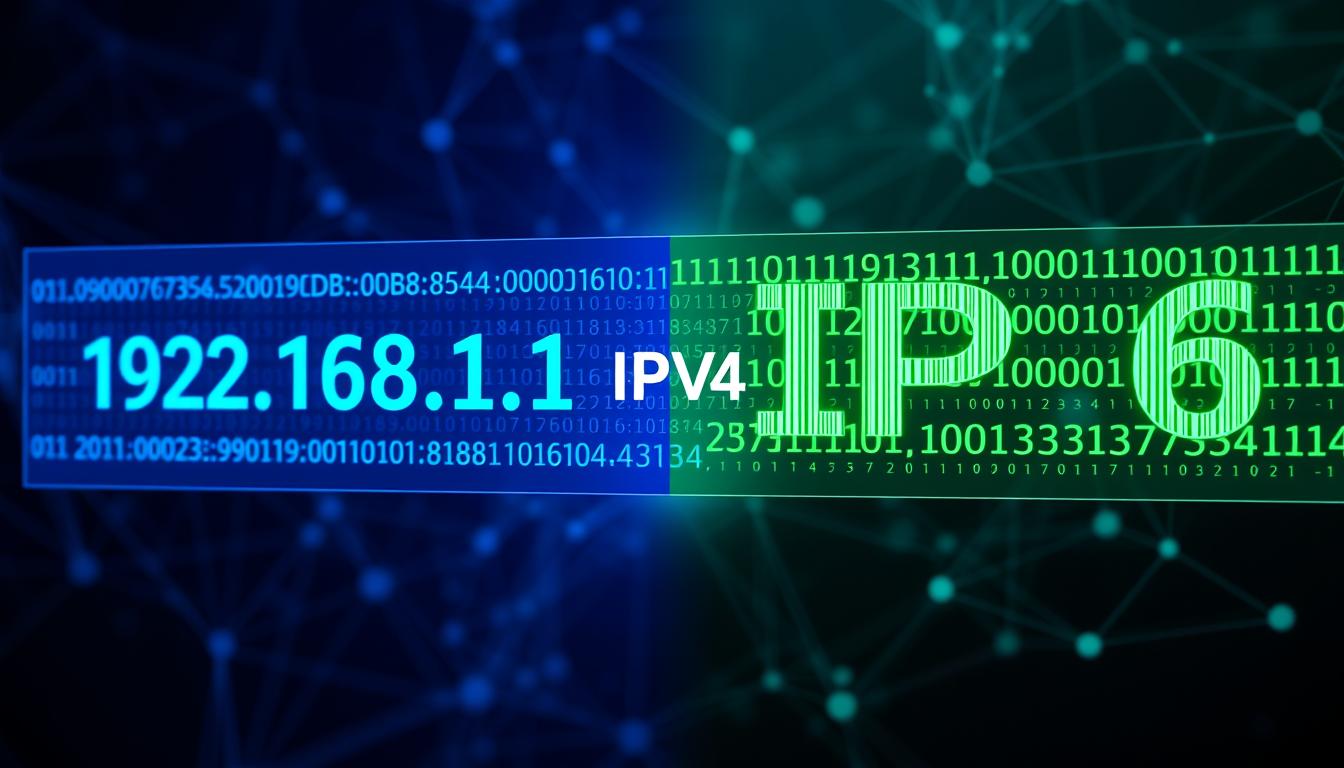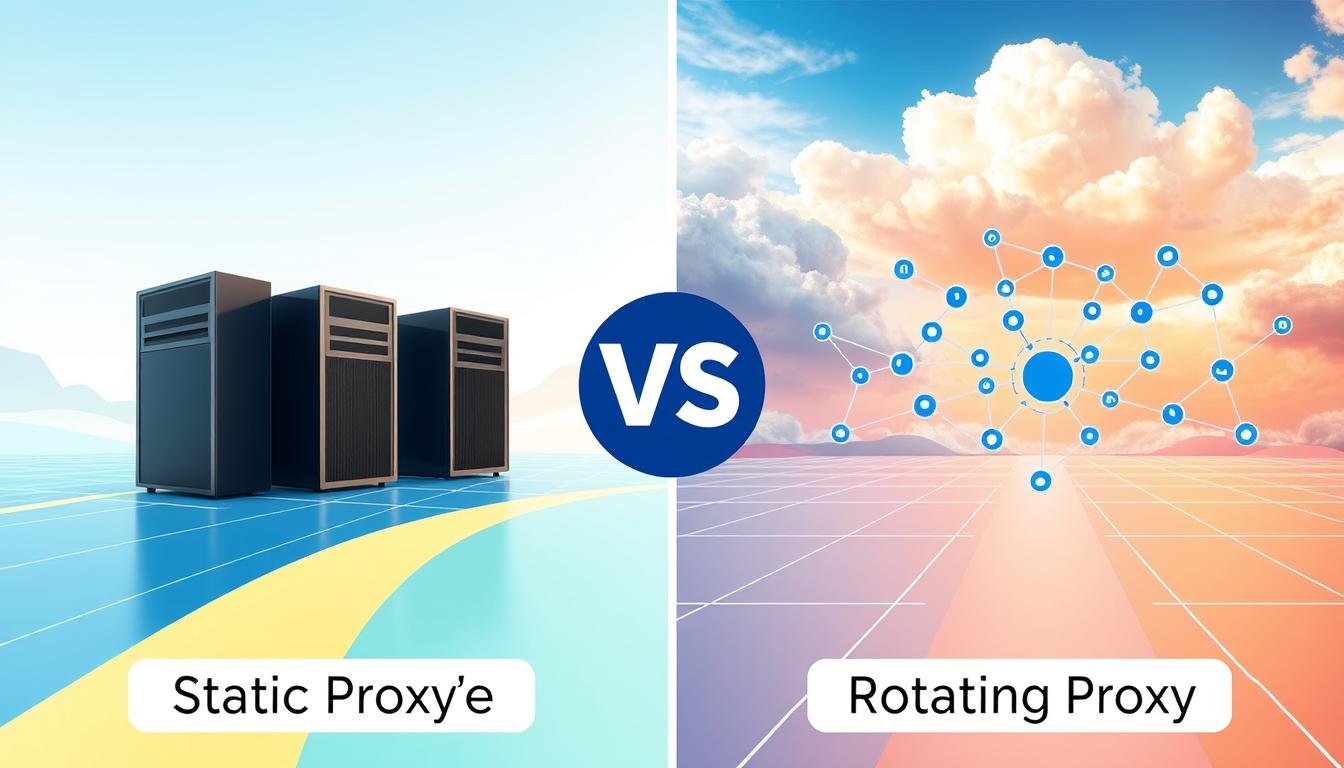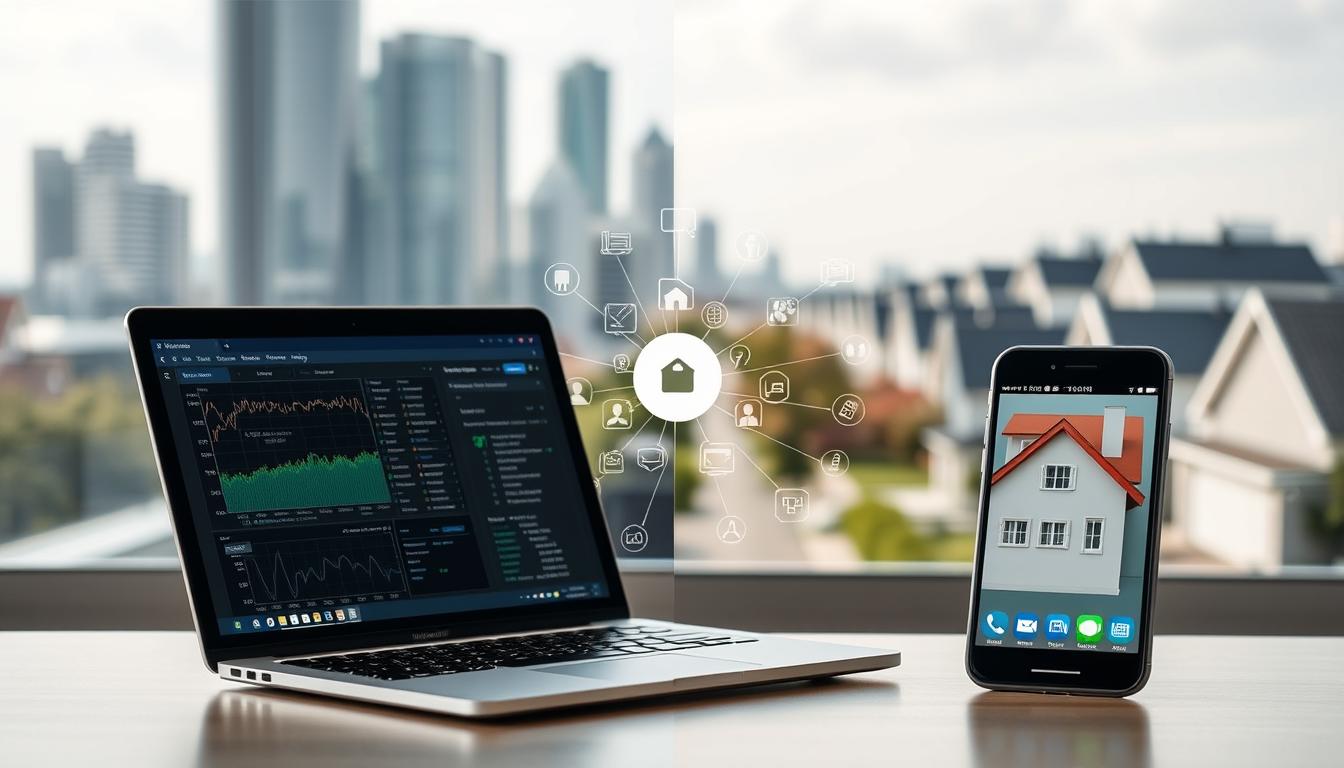FTC disclaimer: This post contains affiliate links and I will be compensated if you make a purchase after clicking on my link.
If your businesses need an uninterrupted and seamless internet connection, which is robust, cost-effective, and secure, an internet leased line connection will fulfill such requirements.
Most businesses require internet leased line connections to run their operation like voice communication and uninterrupted data transfer and transactions online.
If there would be any delay in the download and upload service, it will negatively impact businesses.
High-speed internet connectivity is also required for the process of complex IT networks, where there is an involvement of lots of technologies.
What is a leased line connection?
A leased line connection is a reliable, dedicated, high-quality internet connection that provides fixed-bandwidth and uptime with guarantees upload and download speed.
Moreover, a “leased” line refers to the internet connection provided by your internet service provider (ISP) in rent.
The leased line internet service standard is far beyond the broadband internet service because it ensures businesses with scalability, flexibility, and high-reliability.
Let’s look into some of the important advantages of the leased line connection.
Advantages of an Internet Leased Line Connection
Symmetrical connectivity
Symmetrical connectivity means that you will get equal download and upload speed.
The broadband connection is asymmetrical, which means you will get high downstream data speed and low upstream data speed.
Uncontended connection and Fixed bandwidth
A leased line connection is also called an uncontended connection because the bandwidth is not shared with other users or businesses.
It means that the leased line internet service comes with fixed bandwidth and a dedicated line.
Your internet connection with the leased line won’t get hampered and affected by the number of users and peak times.
As a result, you will get an uninterrupted internet connection to download or upload large files and for VoIP conference calls.
Reliability with SLA (Service Level Agreements)
A leased line connection is reliable because it is backed with service level agreements (SLA).
It assures you that any mishap and slow internet connection will be fixed in a certain period of time.
Moreover, this type of assurance is not provided by other internet services like broadband service.
Scalable with low maintenance
A leased line service promises to provide excellent service with low latency, low jitter, and more uptime.
Moreover, at the time of business expansion, the number of users will increase, requiring more speed and bandwidth.
In such a scenario, the leased line connection is beneficial because it is scalable and flexible.
It will quickly upgrade your current plan and let you use the upgraded plan with no downtime.
Disadvantages of leased line connection
Costly
The leased line services are very costly compared to the Asymmetric Digital Subscriber Line (ADSL).
You will have monthly ongoing rental charges along with the one-time installation charges.
It will also incur additional charges if your location is too far or if the installation is required in multiple locations.
Similarly, the price will rise if you increase the bandwidth for a higher speed.
Waiting time is longer.
The leased line installation takes time because the installation is very different compared to the ADSL connection.
Moreover, ADSL or FTTC connection utilizes the pre-existing circuit.
The leased line will provide a completely new circuit and additional labor cost to reach your business premises.
How leased line connection works?
A leased line connection is based on the technologies of fiber-optic broadband.
A fiber-optic leased line connection works by sending data in the form of pulses. The pulses can be on or off, which means it is represented with binary 0s and 1s.
At two ends of the connection, a device recognizes the pulses and stores it as 1s and 0s.
The pulses travel at the speed of light so that you won’t expect a speed greater than this.
It will differ in speed only because of the equipment installed on two sides of the connection. The equipment may delay in sending, receiving, or recognizing the pulses.
This way, the leased line is dedicated to a particular firm rather than shared with many users.
Moreover, leased line bandwidth will be fixed by ISP so that there would be no compromise in speed and minimum downtime.
Different types of leased line connection
The leased line connection falls into different categories, the way it reaches the business premises from ISP.
Full Fibre leased line connection.
It is also known as “fiber Ethernet” and sometimes “Ethernet Access Direct.”
This leased line connection provides the fastest internet with 100% fiber-optic cable from ISP to business premises.
It is also the most reliable and expensive internet leased line connection.
The starting speed will be around 1 Gbps, and it can go beyond 10 Gbps, depends on business requirements.
Ethernet First Mile (EFM or Ethernet Internet)
Ethernet First Mile or EFM is one of the most popular and affordable leased line connections.
It provides fiber-optic cable from ISP to the exchange, and from exchange to the business premises; it uses pair of copper cables.
There would be two or more copper cables depending on the business requirement.
It is also called a resilient service because if one copper cable fails to deliver the connection, another available copper cable will take over.
There is no doubt that the speed will be much slower than the Full Fibre leased line connection, but they guarantee the delivery of the symmetrical connection.
Also, your connection will be safe with service level agreements (SLAs).
Ethernet over FTTC (EoFTTC)
FTTC stands for “Fibre To The Cabinet,” which means that fiber-optic cable will be delivered to the street-side cabinet.
Further, the copper wire is used from the street-side cabinet or local cabinet to the business premises to deliver leased line connection.
Ethernet over FTTC is a slow and cheapest leased line connection.
They guarantee a “symmetric” connection, but you may sometimes expect asymmetric connection, which means greater downstream speed than upstream speed.
Leased line vs. Broadband connection differences
Leased line vs. broadband connection over speed
The broadband connection (also called a fiber-optic broadband connection) is asymmetric and contended.
It means that the connection may fluctuate and be affected by peak times throughout the day. Also, the downstream speed will be more than the upstream speed.
Technically, the fiber-optic broadband connection is also termed a “multiplexing connection” because it is shared with most users to keep the cost low.
The maximum speed you can expect from the fiber-optic broadband connection is 100 Mbps.
On the other hand, fiber-optic leased line connection is symmetric, dedicated, and uncontended.
It means the bandwidth will not be shared with any user, and the speed will remain the same throughout the day.
Moreover, the businesses can have high-speed internet service.
Leased line vs. broadband connection over scalability
The broadband connection is not scalable, which means that if you want to do up-gradation in speed, then it won’t be possible if your area doesn’t provide that speed.
In the case of a leased line connection, it is totally different.
The leased line connection is flexible and scalable. It means if you want to upgrade to a higher speed, then it will be done quickly without hampering your current connection.
Moreover, the leased line connection has two-part: line speed and bearer speed. And, it is quoted as 10/100.
The line speed is the symmetrical speed you experience in your business premises and what your ISP has promised to deliver.
On the other hand, the bearer speed is the maximum speed a leased line can have.
So, from the above-quoted example, 10 Gbps is the line speed, and 100 Gbps is the bearer speed.
When do you need a leased line connection?
There would be so many factors that help you decide whether to have a leased line connection or not.
In today’s world, most businesses are in the cloud, requiring high-speed internet connectivity to carry out a business activity.
Let’s look into some of the factors that determine whether you need a leased line connection or not.
Consistent and high data speed
Most businesses require consistent data speed to run day-to-day operations, such as services firms, financial firms, or trading firms.
Additionally, the digital businesses that serve customers online consistently required fast response and on-time delivery.
It can be an e-commerce business, online tutoring sites, social media sites, or other online tools or websites.
Using Software as a service (SaaS) and Cloud application
Most businesses rely on cloud services like Salesforce to run their businesses. This type of cloud-based service requires a dedicated leased line connection.
Further, businesses are also based on cloud applications or Software-as-a-Service, which let users analyze, manipulate and upload data as per the requirement.
Using VoIP services
Businesses that use VoIP services require a fast, consistent, and stable connection, which is impossible with a fiber broadband connection.
VoIP services can have 20 or more concurrent calls that require high-quality calls. For this, you need a high-speed, symmetrical, and resilient internet connection.
What to expect from leased line providers?
The leased line provider services can vary from area to area. It would be best if you looked into what leased line provider serves you with a package.
Installation and support services
Leased line providers can offer different installation services in a different areas.
It would be best if you looked into whether they provide a dedicated team to complete the installation. Also, how smoothly they complete the installation and how it is working after the installation.
Moreover, you need to confirm that after installation, the internet services are working fine.
Resilient and backup services
The resilient and backup services are important when your business is based on the cloud.
If the internet connection fails, how long it takes to fix the services, and in the meantime, what is the backup plan of the leased line providers.
Conclusion
It doesn’t matter how far your business premises are. The leased line service with end-to-end SLA will take care of uptime, bandwidth, and latency.
The dedicated leased line service will ensure you will get fast and reliable service with no downtime and interruption.
With high-speed internet connectivity, you will able to maintain business efficiency.








